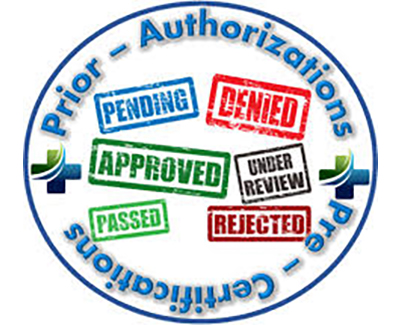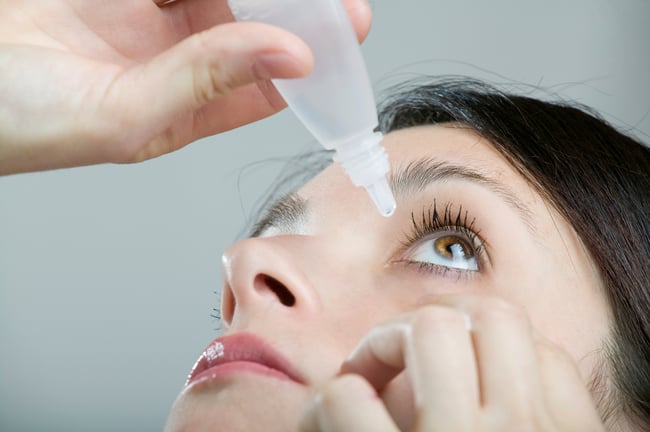
Topic:
eye disease
eye drops
insurance
medication shortage
congress
American Academy of Ophthalmology
Ophthalmology Takes on Congress
by
Mary Tart
More than 400 ophthalmologists belonging to the American Academy of Ophthalmology traveled to Washington. DC, to meet with their local members of Congress. The purpose of this trip was to make the lawmakers aware of the unnecessary roadblocks many eye physicians and surgeons are facing on a daily basis. These roadblocks come from the insurance companies, both private and government-funded, such as Medicare, resulting in insurance companies dictating the plan of care, rather than the doctor.
I see it in our ophthalmology practice in Huntington, NY, on a daily basis, multiple times a day. One of the biggest hurdles a physician has to deal with is "Prior Authorizations." A Prior Authorization is when an insurance company requires a person to fail on a cheaper, less effective medication before they will pay for the costlier one. Often times a patient does not have the time to fail on that medication. Certain eye diseases, such as glaucoma, can get severe enough to have a patient suffer from permanent, irreversible vision loss if not properly treated in a timely manner. Of course, the patient always has the option to pay cash.
Wouldn't it be nice if the 85 year-old woman with end-stage glaucoma on a fixed income could dish out upwards of $300 a month for a single 5ml bottle of drops?
There was recently a survey conducted by the American Medical Association that discovered each doctor is bombarded with almost 30 Prior Authorizations per week, resulting in over 15 hours of extra work for their staff members. Some practices are actually hiring Prior Authorization Specialists to take this excessive work away from the Doctor's Medical Assistants, Nurses and Technicians. That certainly does not sound very cost effective to me.

Another major problem in ophthalmology, that has gotten worse over the past three years is medication shortages. Often for unexplained reasons, many popular medications have gone on a "manufacturer backorder," making it essentially unavailable to anyone. Some of the more popular ophthalmic eye drop shortages are the steroid drop prednisolone acetate, the glaucoma drop dorzolamide, the antibiotics erythromycin and ciprofloxacin, and the dilating eyedrop atropine. To make matters worse, some of the bigger pharmacies such as CVS and their mail order partners have released a list of medications they refuse to carry any longer, one of them being the popular steroid drop FML and FML Forte. This too makes matters very difficult for the doctor to care for a patient in a timely manner with the appropriate medication.
I wish I knew these meetings were taking place. I would have loved to have had the opportunity to speak my mind about this topic. I think it's time to support the doctor members of the American Academy of Ophthalmology and write a letter to my local Congress member.
Do you have a story to tell? Add your comments below - I'd like to hear about it. And it makes a difference to tell your member of congress what you think, using this easy link:
Mary Tart
Mary Tart is a Certified Ophthalmic Assistant (C.O.A.) and the Chief Ophthalmic Technician at OCLI Huntington Eye Care in Huntington, New York. She loves people (especially her family), music (especially Bruce Springsteen), and Disney.
Topic:
eye disease
eye drops
insurance
medication shortage
congress
American Academy of Ophthalmology



![Download [FREE Book Today]](https://no-cache.hubspot.com/cta/default/5009299/d9a95b1e-cc91-49c0-9d4d-0080f765610f.png)

Comments